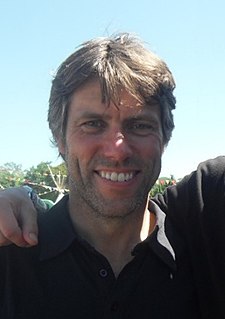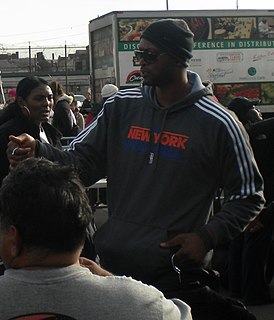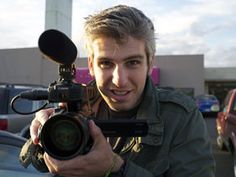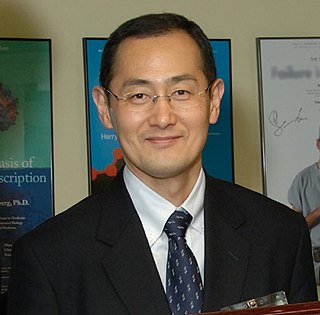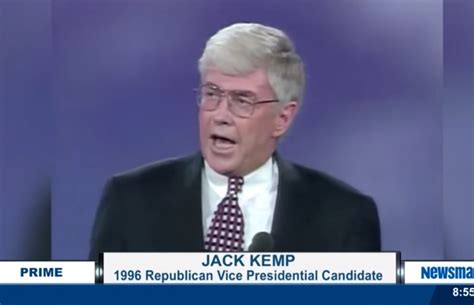A Quote by Richard J. Roberts
PubMed Central is vital for researchers and the public alike. Only through free access can everyone find out where the cutting edge of research lies. With access to the latest studies, patients and their families have a much-needed piece of the puzzle as they consider treatment options and potential outcomes.
Related Quotes
One thing you learn about doing nonfiction is that you've got to get it right, fact-check, do your research. You've got to not only get the facts right but represent the subject to the world in a way that insiders feel like it's an access port and outsiders can access it. If you're too insider, you block access to anyone else.
Providing free access to research papers on websites like Sci-Hub breaks so-called copyright law that was made to taboo free distribution of information on the Internet. That includes music, movies, documentaries, books, and research articles. Not everyone agrees that copyright law should exist in the first place.
Being treated by a doctor who specializes in your kind of cancer is so important, especially for those of us who have rare or very rare cancers. They will have access to newer treatment options that may be offered only at big academic cancer centers, so you don't miss out on treatments that could help you.




